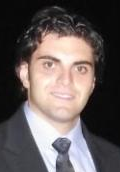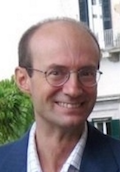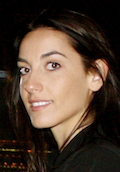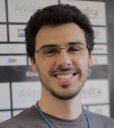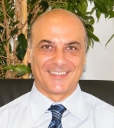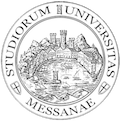Mission
e-Health is one of the major research topics that have been attracting cross-disciplinary research groups. The deployment of new emerging ICT technologies for Health, especially based on Cloud computing, Internet of Things (IoT), and Computational Intelligence, is attracting the interest of many researchers.
The use of Cloud computing, IoT technologies, and methods typical of Soft Computing and Computational Intelligence have been very prominent recently and can be of great help in finding good solutions to many practical healthcare applications.
For instance, health monitoring, health data storage, health data collection, mobile health, pervasive health, healthcare monitoring, telemedicine, context-aware computing, ubiquitous computing, processing health data in the cloud, securing health data in the cloud and Assistive Technology (AT) are areas of interest that are being addressed using cloud computing and IoT techniques. On the other hand, several challenging issues have raised due to the adoption of such emerging technologies. These include the quality of health data, the ability to retrieve information and use it in health context, as for example in tasks related to machine learning, knowledge discovery, decision support, regression, forecasting, optimization, feature selection, and additionally privacy and security issues of health data while being processed in the cloud, availability of health data, models of context and tele-monitoring of contextual applications.
Following five successul workshop editions, ICTS4eHealth 2021 is the International IEEE Conference dedicated to ICT solutions for e-Health, especially based on Cloud computing, Internet of Things (IoT), and Computational Intelligence.
The conference will bring together researchers from academia, industry, government, and medical centers in order to present the state of the art in the emerging area of the use of cloud systems in connected health infrastructure and applications, and the use of IoT and Computational Intelligence technique in the area of eHealth.
Technical Program Co-Chairs
- Antonio Celesti, University of Messina - Italy
- Ivanoe De Falco, ICAR--CNR - Italy
- Giovanna Sannino, ICAR--CNR - Italy
- Seyedamin Pouriyeh, Kennesaw State University- Georgia, USA
The complete list of TPC Chairs will be announced soon
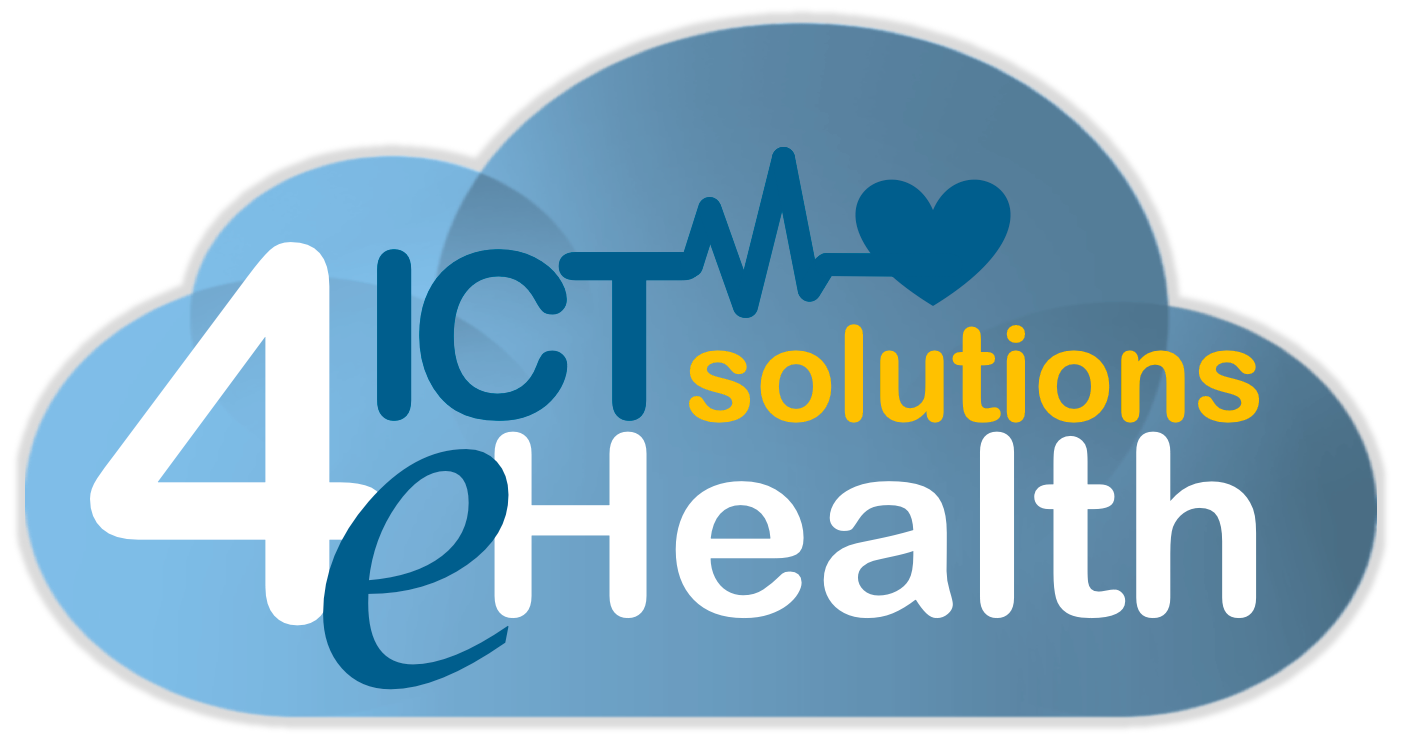

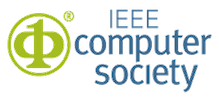


 .
.
